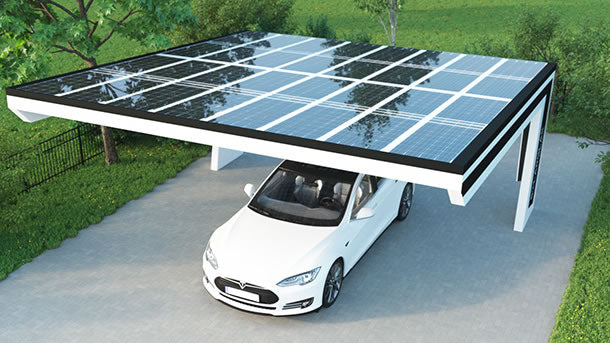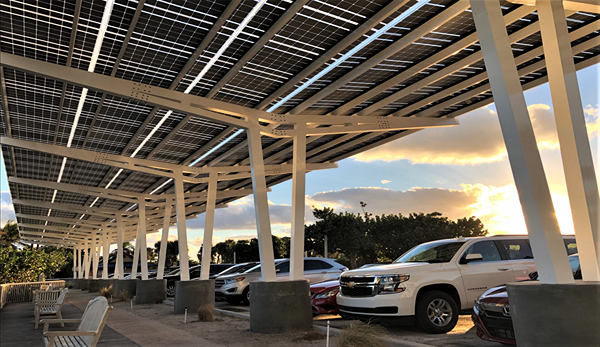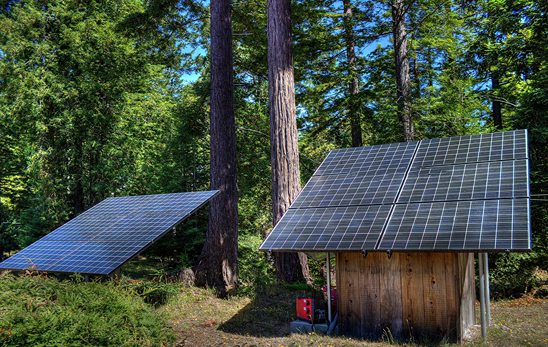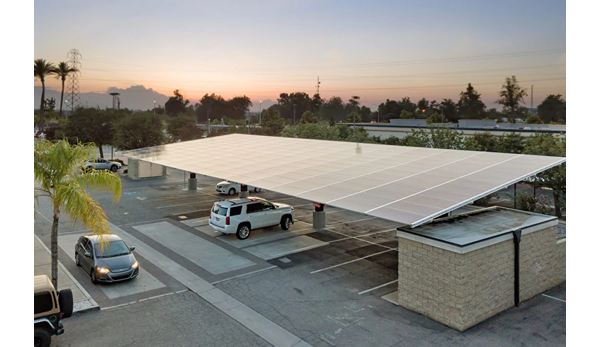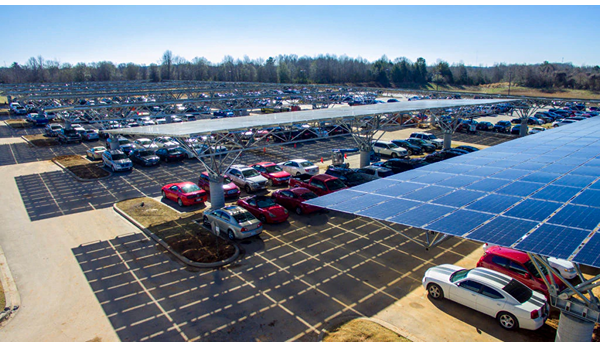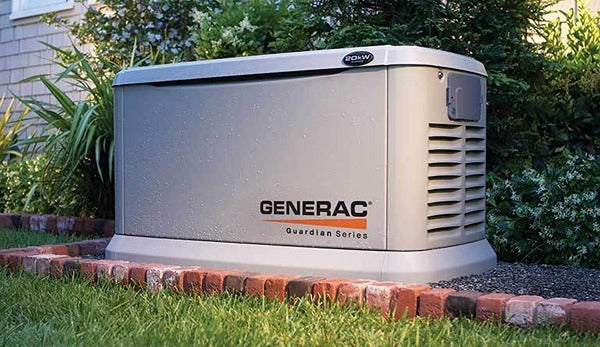
Charge Your EV with Solar Energy: How Solar Car Ports Are Making a Difference!
Charge Your EV with Solar Energy: Understanding Energy Consumption of an EV
As the world shifts towards renewable energy, solar panels are becoming a popular choice for powering electric vehicles (EVs). Solar car ports, in particular, are gaining traction as a sustainable alternative to traditional charging methods. The importance of solar panels in powering an electric vehicle cannot be overstated. EVs require electricity to operate, and traditional methods of charging, such as plugging into an electrical outlet, are not always sustainable or even cost-effective. Solar panels provide a renewable source of energy that can power an EV without relying on non-renewable sources of energy such as coal or petroleum.
In this article, we'll explore the various aspects of solar car ports and how they're making a difference for the EV industry.
Electric vehicles require energy to function, and the amount of energy consumed depends on several factors, such as the size of the battery, driving habits, and weather conditions. To calculate the energy consumption of an EV, it's essential to consider these factors and understand the vehicle's energy requirements.
Understanding the energy consumption of an electric vehicle is essential when it comes to determining the number of solar panels needed. Several factors affect energy consumption, such as battery size, driving habits, and weather conditions. Calculating energy consumption involves understanding the energy requirements of the EV and considering these factors to estimate the amount of energy needed to charge the vehicle.
Understanding Solar Panels
Solar panels are devices that convert sunlight into electricity. Solar panels come in different types, each with its own performance characteristics. Monocrystalline panels are more efficient than polycrystalline panels but are more expensive. Thin-film panels are less efficient but are cheaper and flexible, making them suitable for certain installations. Factors that affect solar panel performance include sunlight intensity, temperature, and shading.
Choosing the right solar panel system is crucial to ensure that the EV's energy requirements are met. Grid-tied systems are connected to the utility grid and allow for excess energy to be sold back to the grid, while off-grid systems require batteries for energy storage. Selecting the right system involves considering factors such as energy usage, local regulations, and installation cost.
Estimating the Number of Solar Panels Needed
To power an EV with solar energy, it's crucial to estimate the number of solar panels needed. This involves determining the energy output of a single solar panel and calculating the energy requirements of the EV.
Choosing the Right Solar Panel System
Choosing the right solar panel system is critical to ensure that the EV's energy requirements are met. There are two types of solar panel systems: grid-tied and off-grid. Grid-tied systems are connected to the utility grid, while off-grid systems are standalone and require batteries for energy storage.
Installing the Solar Panel System
Installing a solar panel system requires professional expertise and experience. Factors such as roof type, shading, and local regulations can affect the installation cost and process..
Maintenance and Upkeep of Solar Panels
Like any other electrical device, solar panels require regular maintenance and upkeep to function efficiently. It's essential to keep them clean, inspect them for damage, and troubleshoot common issues as part of the maintenance process.
Cost and Savings of Solar Panels for EVs
While the upfront cost of installing a solar panel system can be significant, the long-term savings can outweigh the initial investment. Calculating the return on investment involves considering factors such as energy savings, government incentives, and the cost of traditional charging methods.
Government Incentives and Rebates
for Solar Panels
Many governments offer incentives and rebates for installing solar panels to encourage the adoption of renewable energy. Understanding the eligibility requirements and application process is crucial to take advantage of these programs. It's essential to understand the eligibility requirements and application process to take advantage of these programs.
Conclusion
In conclusion, solar car ports are an innovative and sustainable solution to powering electric vehicles. By understanding the energy consumption of an EV, the performance of solar panels, and the installation and maintenance process, individuals can make informed decisions towards sustainable energy use. With the help of government incentives and rebates, solar car ports can be a viable investment for those seeking to reduce their carbon footprint and save money in the long run.




